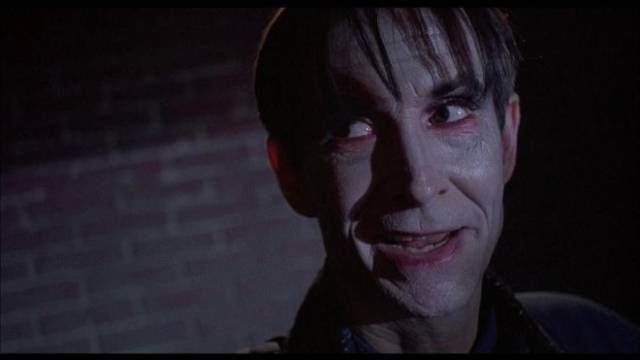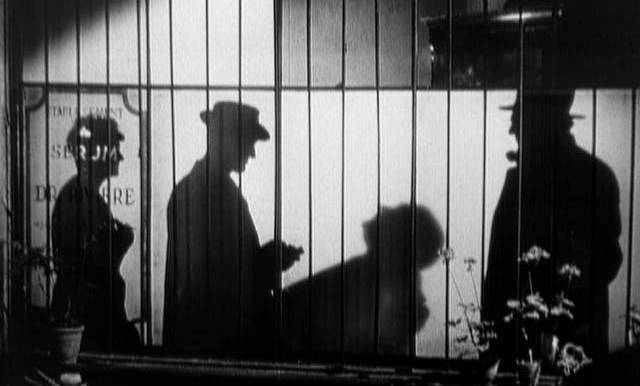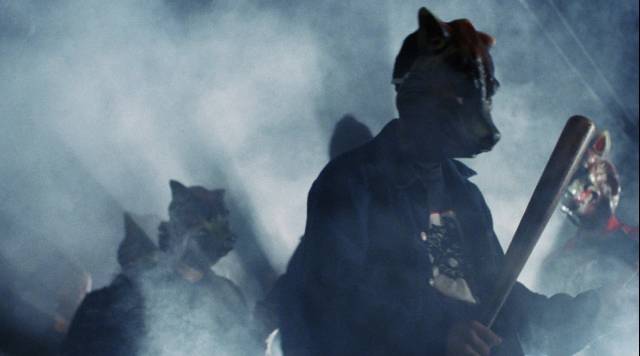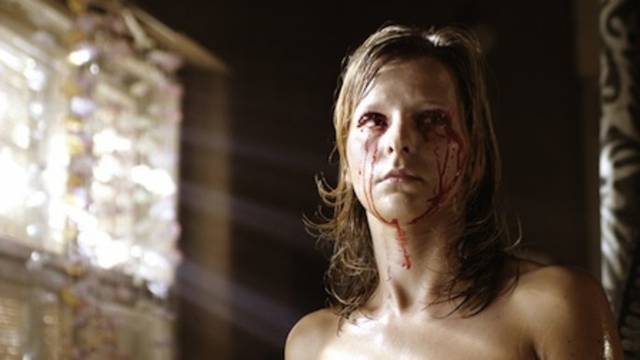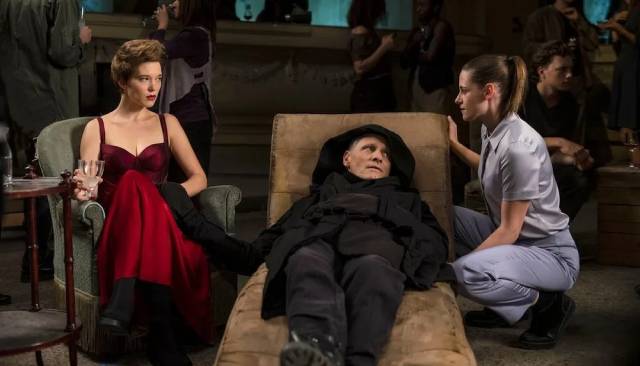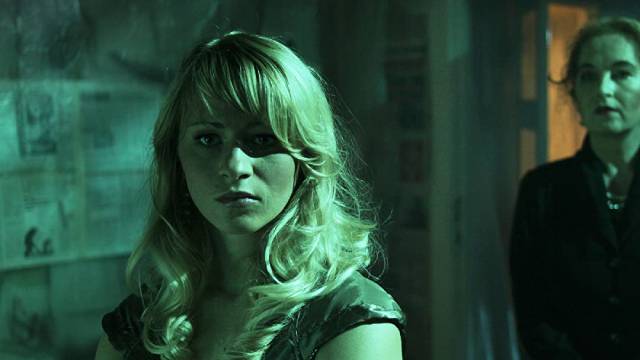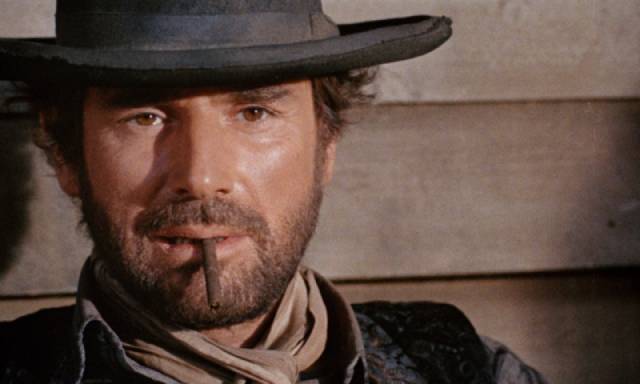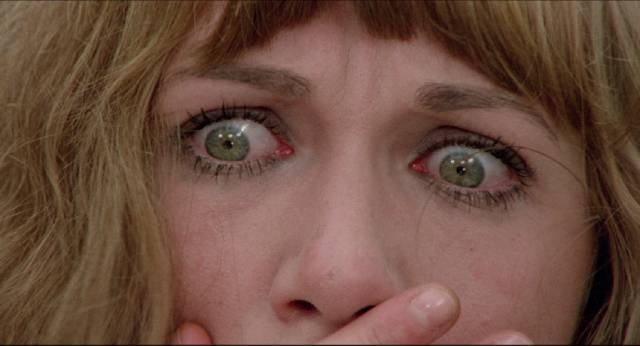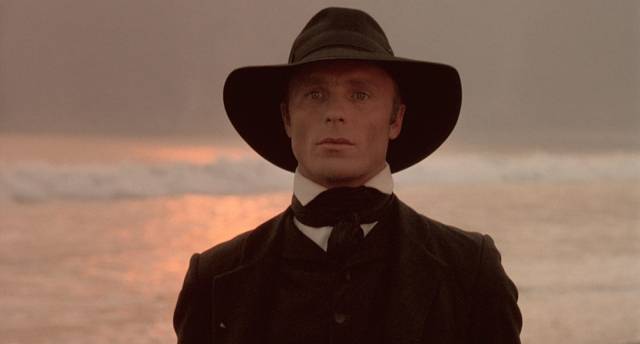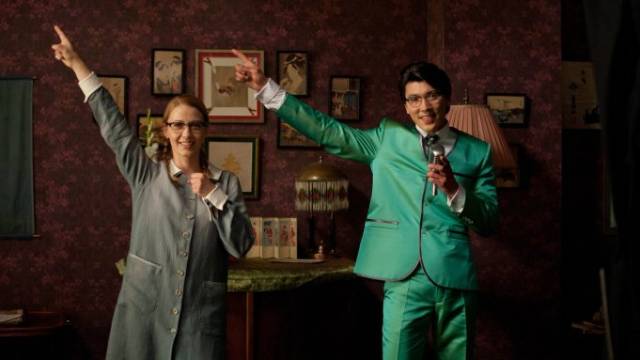
Cauldron Films casts a wide net with their recent releases: Contraband (1980), a violent thriller by Lucio Fulci, is joined by Eloy de la Iglesia’s homage to A Clockwork Orange, Murder in a Blue World (1973), Jordan Graham’s mysterious folk horror Sator (2019) and Karoly Ujj Meszaros wistful Hungarian fantasy Liza the Fox Fairy (2015).
